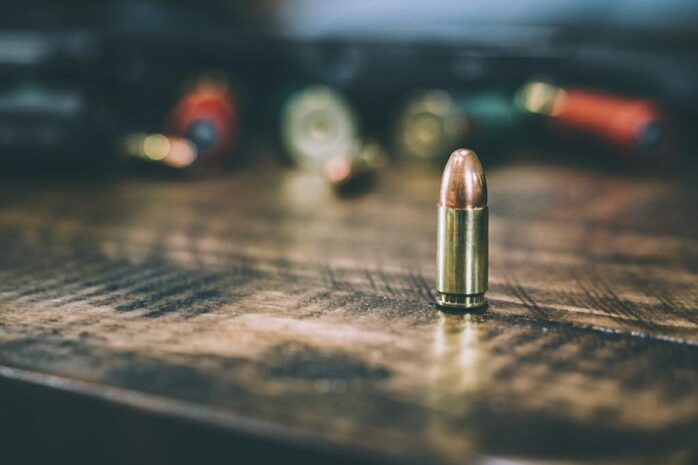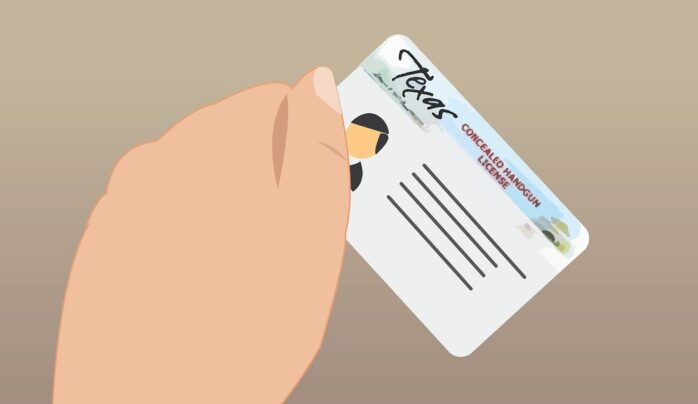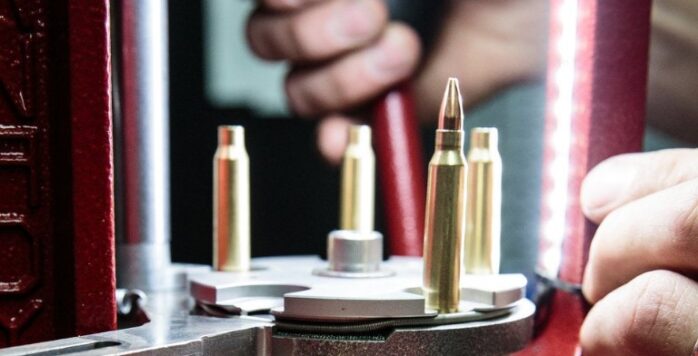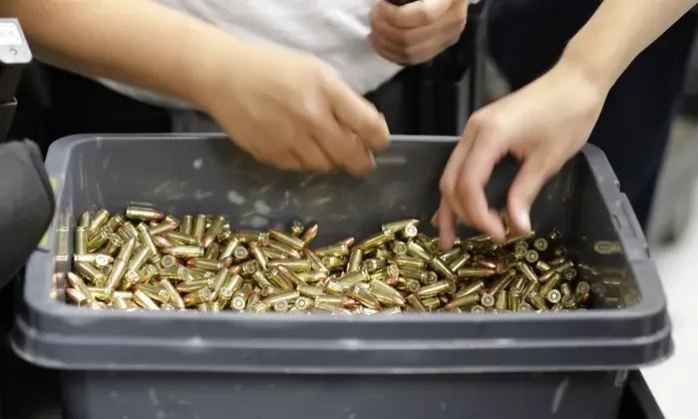
Texas, the Lone Star State, has no stringent regulations on the buying and selling of guns and ammunition. In fact, you may even be able to shop for ammo at your local sports shops, legal for purchase. Ammo commonly refers to any bullet, cartridge case, primer, or propellant powder made for firearms.
Holding ammunition in Texas is quite common and legal, provided you meet federal laws and the legal age. Since the New Texas Gun Laws that came into effect on September 1, 2024, Texas has become the 20th state with permitless or constitutional carry laws, turning into a Second Amendment Sanctuary.
It is best to learn about the state laws and use ammunition legally and responsibly. Here are seven things you should know about ammunition regulations in Texas:
1. Illegal Weapons

Gun ownership and ammunition purchases are less restrictive in Texas. You can easily buy ammo such as hand loads, full metal jacket ammunition, hollow point ammo, and much more, enabling their free usage.
You can also buy reloads or raw components for making those in bulk without breaking any state law, depending on the limit set up by your municipality. However, certain firearms are illegal until registered under the National Firearms Registration and Transfer Record maintained by the Bureau of Alcohol, Tobacco, Firearms, and Explosives.
These include machine guns, short-barreled rifles (less than 16 inches), zipper rifles, firearm suppressors, and shotguns (barrel length less than 18 inches). However, Texas prohibits the use of armor-piercing ammunition in handguns. This restriction applies to the possession, sale, manufacture, transportation, and repair of armor-piercing ammunition in Texas.
Armor-piercing ammo is the one that can penetrate ballistic armor and shields, which can otherwise deter other ammo and protect the wearer. A combination of brass, tungsten alloys, copper, and other metals are used in the piercing ammo. Armor-piercing rounds have projectiles larger than .22 caliber.
2. Role Of Federal Law
While Texas gives you certain freedom in owning and using ammunition, you are still under federal law. This may mean a ban on using ammo for sporting purposes, owning bullets with 0.50 caliber or more, and purchasing explosive devices.
Federal law may have a broader definition of armor-piercing ammunition, so it’s best to read the meaning of the same according to state and federal law.
3. Statutory Preemption

It is important to note that every municipality in the state can modify the state law regulations. This can include:
- Arming of public employees for national defense
- Regulating firearm use during a riot, insurrection, or natural disaster
- Changing the working hours of shooting ranges
- Control the possession of an air gun by a minor on public property
However, in any case, the verdict of the state law can supersede any county laws given possession or storage of ammunition. There is an exception, however, about explosives used in reloading.
4. Licensing

If you are over 21, you may not need a license to own a firearm in Texas, but you do need a license to carry a handgun. Note that this license is for firearms concealed in a waist or shoulder holster, and carrying a loaded or unloaded pistol in public is prohibited unless you carry the license yourself.
You can visit the official government site to apply for a license in Texas state. You will require the following documents while applying for a handgun license:
- Identification cards such as driving license
- Current address, contact, and employment information
- Residential and employment history for the last five years
- Detail of any criminal history
- Mail address
- Credit card
Once you meet the requirements, you will be given a license to carry after completing training and passing a written and shooting proficiency exam. It is best to take training regarding different aspects of possessing and using firearms and ammo with an LTC class.
5. Who Cannot Own Ammunition In Texas

In general, Texas allows anyone over 21 to carry guns and ammunition. However, there are some exceptions, such as:
- People with a recent history of a felony. You can only possess ammunition once you have completed five years of being released from prison.
- A person with a history of domestic violence until they have completed five years of release
6. Places Forbidden For Ammo Possession
Since with freedom comes responsibility, the state expects you to use the ammunition within its laws, avoiding certain places and types of ammo. Any person cannot own a firearm or ammunition in the following types of locations:
- School sporting events
- Civil commitment facility
- Licensed hospital or mental hospital until authorized by the state in writing.
- Correctional facility
- Amusement parks
- Bars or places that make more than 51% of their revenue from alcohol sale
- Places where a government meeting is being organized
Initially, the possession of weapons in places of worship, as well as colleges, was restricted. However, these restrictions were uplifted with law amendments in 2015.
7. Penalty On Illegal Ammo Possession
If you are caught carrying ammunition or firearms illegally or where it is prohibited, you may be convicted of a felony. This incurs a penalty depending on the weapon type and location. It can include:
- Imprisonment for one year and a fine of up to $4,000 for carrying an unlicensed handgun
- Two years of imprisonment and up to a $10,000 fine when carrying a handgun without a license in an alcohol-selling place
- Two to ten years of imprisonment and a $10,000 fine for illegal possession of an illegal firearm
- Imprisonment for two to ten years and a fine of $10,000 for illegally carrying ammunition on school property.
Conclusion

Ammunition sales in Lone Star State, Texas, increased due to exemption rules governing the purchase, possession, and use of ammunition and firearms. The number of licensed people has also increased, with the Texas Department of Public Safety estimating it to be more than one million.
With the increase in ammo possessors, the state has also seen a rise in convictions. Therefore, to avoid problems with the state, you should educate yourself about the federal and state laws on ammunition regulations.





